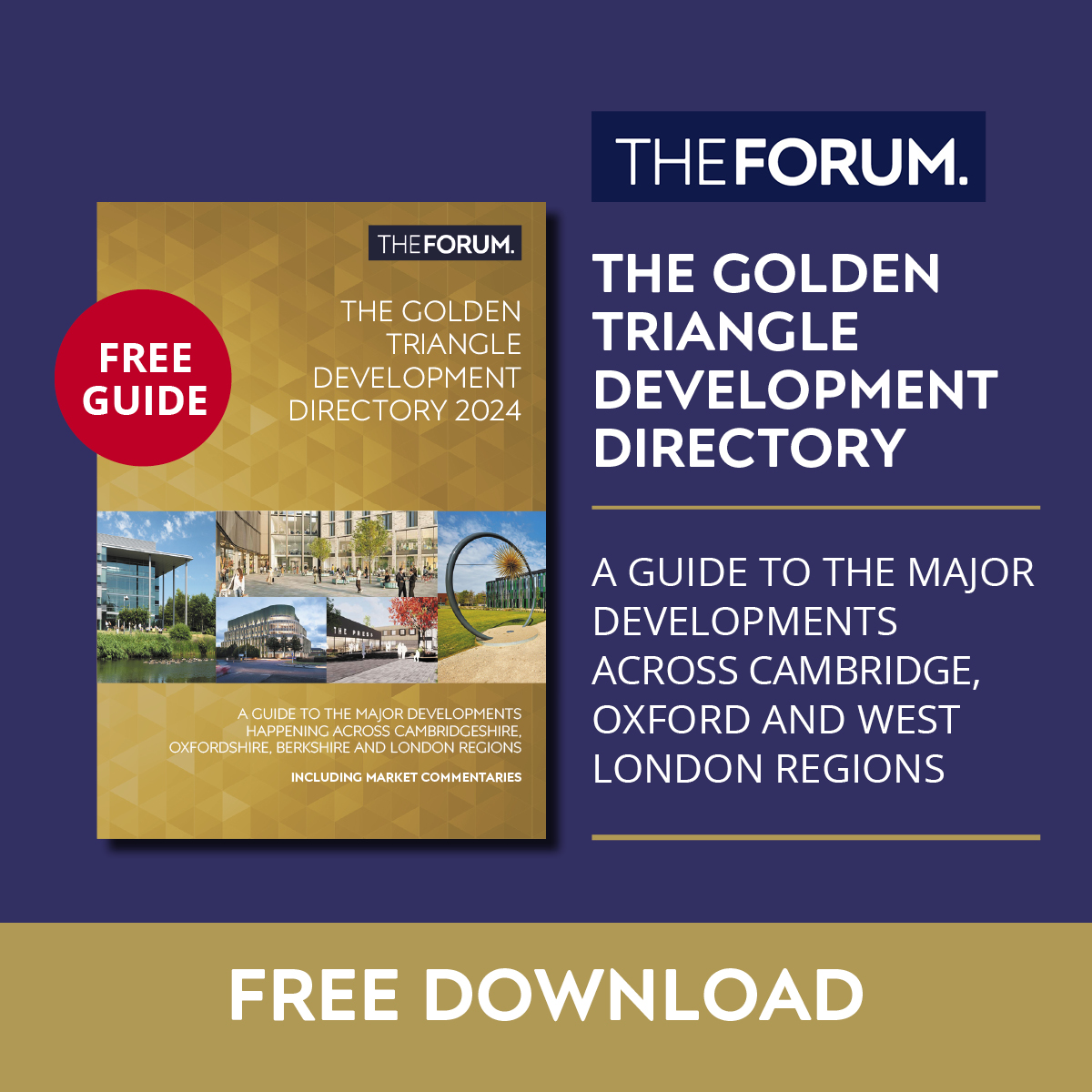Katja Wigham, partner in Blandy & Blandy’s commercial property team, provides practical tips for landlords and tenants as the Covid-19 pandemic and lockdown continue to prevent the re-opening of many business premises.
Insurance
1. Check your policy
Whether it is the landlord or tenant who insures a building most buildings insurance policies require the insured to notify the insurer if a building will be empty for more than a particular number of days; usually 30.
The policy may also set out measures which must be taken to protect the building whilst empty. These may range from the provision of additional security to draining heating systems or even erecting external bollards to present trespass.
If you do not comply with the terms of the insurance policy, you may not be covered in the event of any loss.
2. Talk to your insurer
Notwithstanding the wording of the policy, some insurers have been extending the 30 day empty period to up to 90 days or have even waived the notification requirement completely. Find out if this is the case.
Post
Many occupiers, particularly of multi-let buildings are unable to access the property at all. Therefore, it is vital to make arrangements for the forwarding or collection of post.
This is especially important where the property address is the address for service for the occupier. A failure to arrange collection or redirection or to notify a change of address for service could lead to official notices (for example break notices) being missed with disastrous consequences.
Break rights
Faced with the current uncertainty, some tenants may be dusting down their leases and checking if they can break their lease early. However, many break clauses require a tenant to comply with conditions in order to end their lease.
Some of these, such as being up to date with rent may be difficult to comply with if finances are tight whereas others, such as giving up vacant possession or carrying out repair works would be impossible to comply with if access to the building is prohibited.
It is unlikely that a court would release a tenant from strict compliance with the terms of the lease because of the pandemic.
A tenant should therefore carefully review the provisions of the break clause and take legal advice before deciding how to proceed.
Getting back to business
As lockdown eases, occupiers will be looking at arrangements for safe working so that they can get back into their buildings. Arrangement should be started as early as possible.
In multi let buildings, landlords and tenants should start discussions early to agree what steps need to be taken to protect those using the building. Some landlords have been sending out questionnaires to gauge requirements.
Landlords will be looking to recover additional costs via the service charge and most leases will allow for this.
However, discussions should be had to see where costs could be saved in other areas (perhaps where certain communal facilities such as cafes or gyms cannot be re-opened at this stage), to avoid a large increase in service charge for the occupiers.
Visit www.blandy.co.uk
© Thames Tap No 214 (powered by ukpropertyforums.com)


















